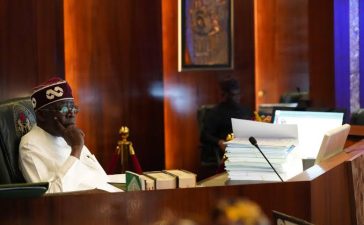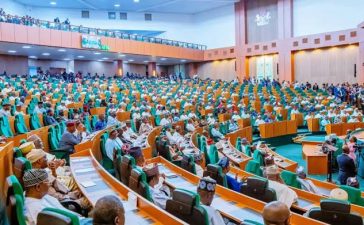Nigeria’s debt servicing expenses skyrocketed to N6.04 trillion in the first half of 2024, marking a staggering 68.8% increase from the N3.58 trillion recorded during the same period in 2023, according to the latest data from the Central Bank of Nigeria.
This sharp rise highlights the growing financial burden on the Federal Government, as debt repayments now consume nearly three times what is spent on personnel costs.
During the same review period, personnel costs totaled N2.32 trillion, reflecting a modest 17.6% increase from N1.97 trillion in H1 2023. This stark contrast indicates that debt servicing has now almost tripled the government’s wage bill, raising serious concerns about the sustainability of the country’s debt profile and the increasing pressure on public finances.
The surge in debt servicing expenses can be largely attributed to the devaluation of the naira, particularly impacting repayments for foreign debts. As the government grapples with this escalating debt obligation, the financial resources available for other critical areas continue to dwindle.
Alarmingly, around half of the Federal Government’s total expenditures in the first six months of 2024 were directed towards debt servicing, leaving limited funds for essential services and programs.
Despite the rising cost of living in Nigeria, the expenditure on salaries has seen only a marginal increase, prompting questions about the government’s fiscal priorities. As the situation evolves, stakeholders and citizens alike are left to wonder how this trajectory will affect Nigeria’s economic stability and growth prospects.







